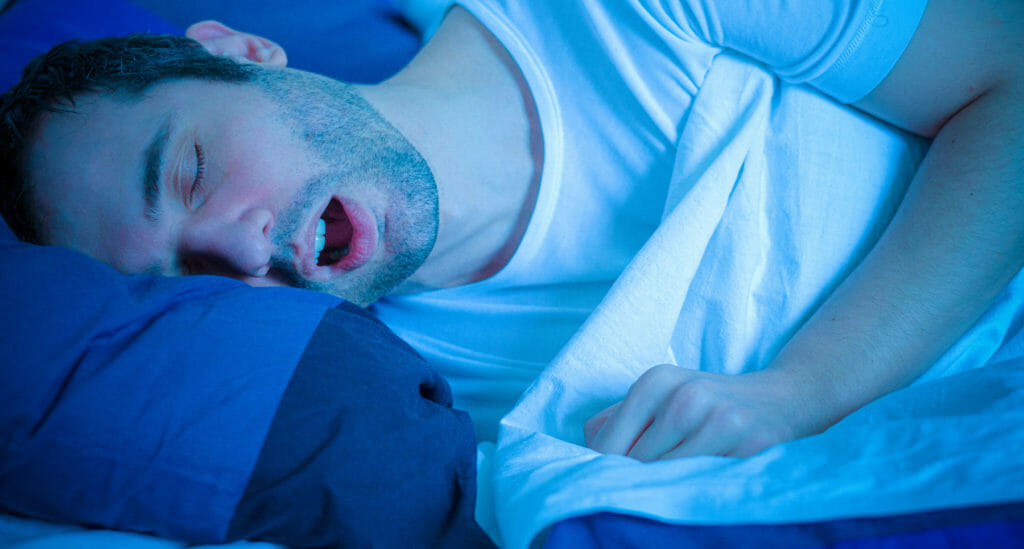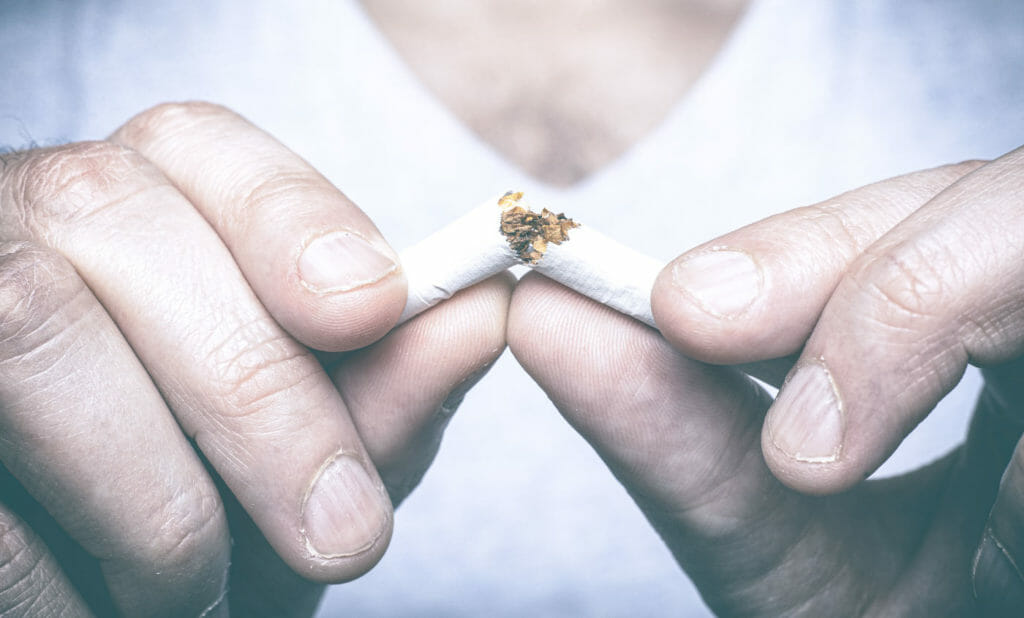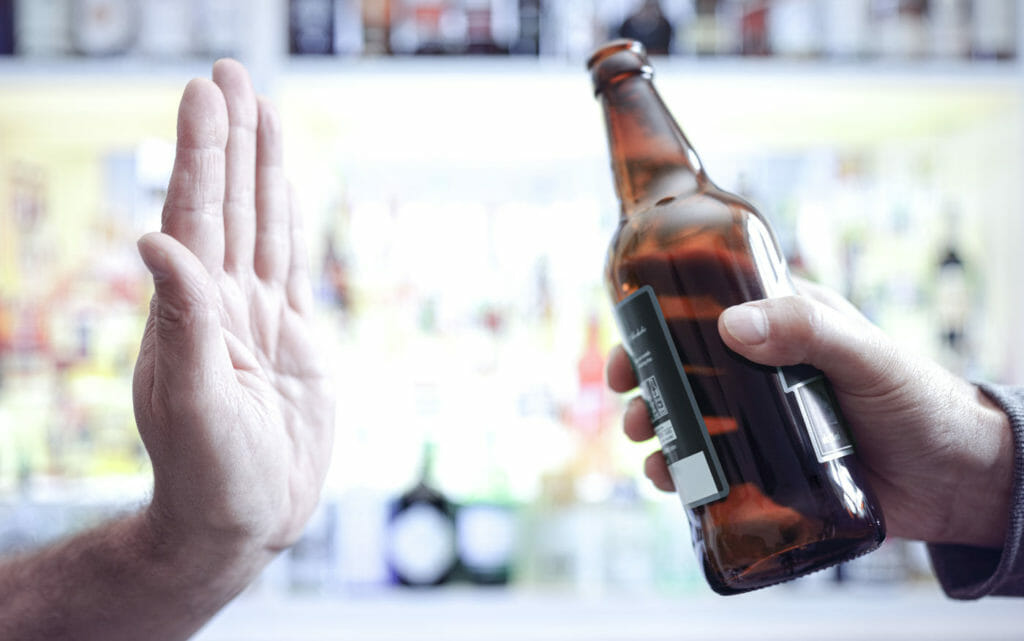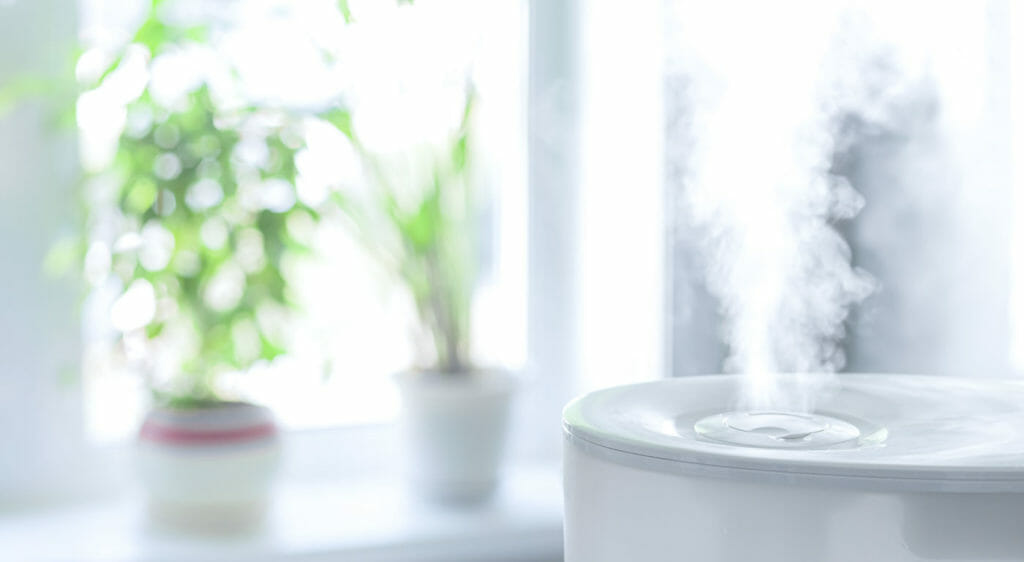
Sleep apnea, often also referred to as obstructive sleep apnea, is the most common type of respiratory disorder diagnosed among the general population today. A publication in the Journal of Thoracic Disease estimates that up to 49% of men who are considered middle-aged experience symptoms of this particular condition.
Failure to treat sleep apnea can result in potentially life-threatening complications. Researchers at the University of Alabama at Birmingham found a connection exists between this condition and hypertension. Others report an elevated risk of certain cardiovascular events in people with untreated sleep apnea.
Fortunately, there are a number of non-medical ways to reduce the severity of sleep apnea symptoms and possibly lower the risks associated with the condition. While choosing one of the best online mattresses is one way to provide some relief, in this post, we offer additional strategies that may help to further improve your symptoms.
Obesity As a Major Cause of Sleep Apnea
Before looking at strategies that can produce effective results for reducing the symptoms and effects of sleep apnea, it would be a good idea to start by looking at your weight. Visceral fat deposition (which is fat located around the abdomen) and obesity have a significant impact on the presence of sleep apnea symptoms.
First, calculate your BMI (body mass index) and determine if you are at a healthy weight, overweight, or perhaps even obese. If your BMI is over 25, you are considered overweight. If your BMI reaches 30, you are considered obese. Weight has been linked to more severe symptoms of sleep apnea and can also lead to an increased risk of complications that develop from this condition.
Studies have provided evidence that, in an obese patient, efforts to lose weight can assist in providing an effective reduction in sleep apnea severity. In one study, researchers reported that participants not only experienced an improvement in symptoms directly associated with sleep apnea, but additional benefits were also noted, including a reduction in the risk of complications associated with sleep apnea. Specifically:
- Depression
- Atherosclerosis (the buildup of fats, cholesterol and other substances in the arteries)
- Cardiovascular disease
Reducing the effects of sleep apnea can also have a corresponding reduction the health-care costs that the patient would incur—another important benefit that should be noted.
Tips to Help with Sleep Apnea
There are medical devices that have been designed to provide relief from severe sleep apnea. These devices are not only very expensive, they can also have a significant impact on your life—often causing discomfort during sleep, for example.
The good news here is that some at-home strategies can also help relieve some of the unpleasant symptoms that people tend to experience when they develop sleep apnea.
We already addressed the fact that body weight has the most significant impact on sleep apnea. By implementing appropriate steps to lose weight, you are already equipping yourself with the skills and opportunity to experience an improvement in your symptoms.
Apart from that, however, there are a number of additional strategies that you can utilize that may provide a reduction in your symptoms and enhance your ability to sleep at night. In this post, we offer a few tips to try in addition to your weight loss efforts and doctor’s advice that could have a more immediate impact on your symptoms.
Quit Smoking

Smoking is an exceptionally harmful habit, yet millions of people continue to pick up a cigarette, light it up, and go about their routine. While smoking is often associated diseases such as lung and throat cancer, it is important to know that smoking may cause or exacerbate other health issues—including sleep apnea.
In an article published by the American College of Chest Physicians, researchers explain that there is a strong link between smoking and sleep apnea. Smoking can actually aggravate sleep apnea symptoms.
Slow Down On Alcohol Consumption

Alcohol consumption is another habit that can impact sleep apnea symptoms. Research shows that alcohol causes the muscles in your throat to relax. These muscles are responsible for controlling the way you breathe. When these muscles relax, it can cause snoring.
Apart from snoring, alcohol consumption may also lead to the development of inflammation within the airway, which can block airflow and lead to symptoms that are associated with sleep apnea. For those with existing sleep apnea, symptoms can be aggravated with alcohol consumption.
Install A Humidifier In Your Room

Humidifiers were developed to help put moisture back into the air around you. You would be surprised how quickly air in a room can become dry—and this can have a significant impact on sleep apnea symptoms. When the air becomes too dry, especially while you are sleeping, it may cause your respiratory system to become irritated. In turn, this can cause problems with breathing.
With a humidifier installed in your room, you add moisture back into the air you breathe, which helps improve easy breathing, decreases congestion, and ensures your airways remain open. You might also consider adding some essential oils to the humidifier, which may provide anti-inflammatory benefits.
Change Your Sleep Position
Another tip that may help is changing your sleeping position. While it may be comfortable to sleep on your back, this position can actually worsen sleep apnea symptoms. This particular sleeping position can block your airways and cause you to snore even more.
Changing your sleeping position to sleeping on your side can have an immediate impact on your symptoms. With this in mind, it might be a good idea to consider buying one of the best mattresses for side sleepers.
Conclusion
Sleep apnea is a very common disorder that can become life-threatening for some people, which is why seeing a doctor to diagnose the cause should be a priority. If you suffer from sleep apnea, there are few adjustments you can make to your sleeping habits along with other strategies, such as losing weight, smoking cessation, and limiting alcohol consumption, that can provide an effective reduction in your sleep apnea symptoms.